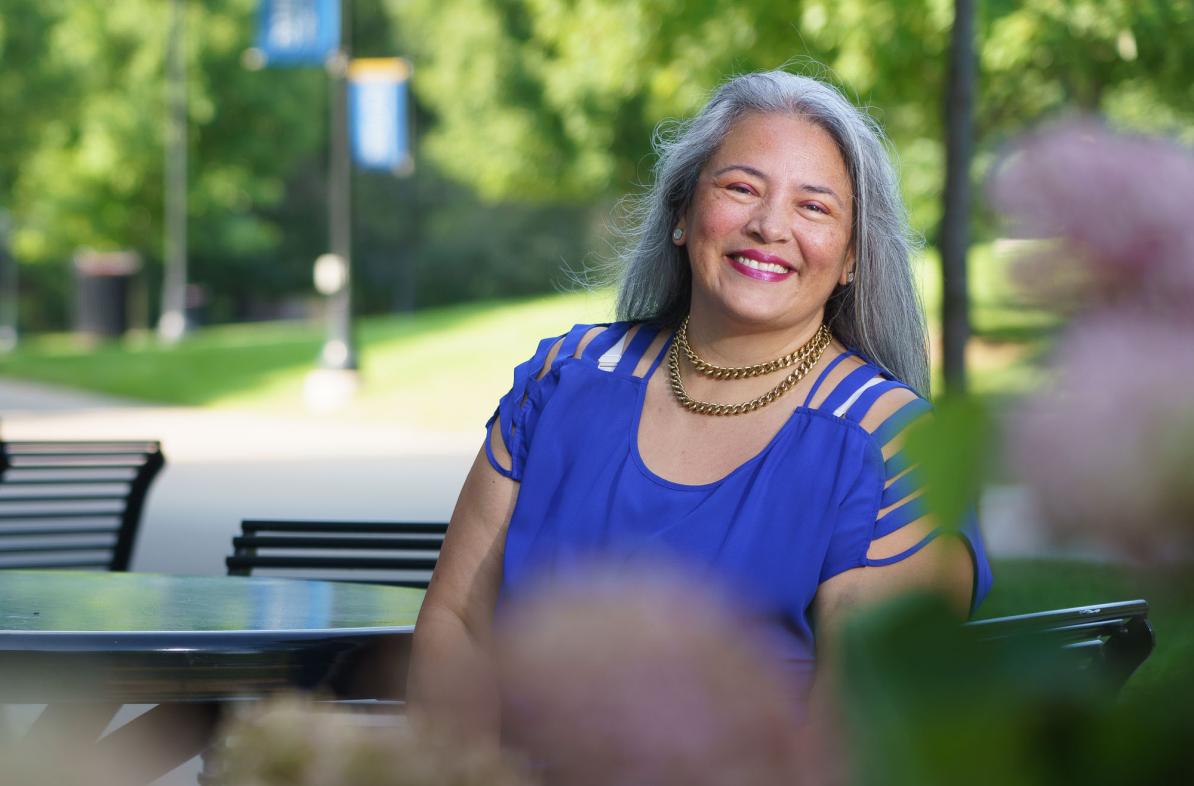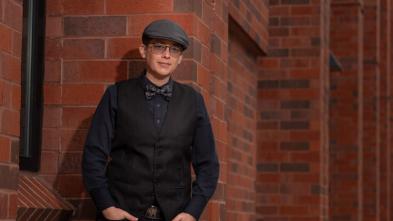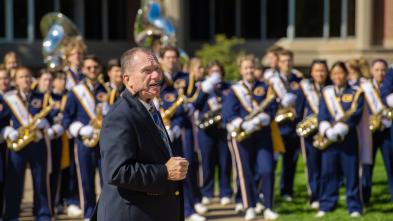Featured Image
For the media

Title
Experienced diversity educator joins UW-Eau Claire to direct Center for Racial and Restorative Justice
Story Categories
Authored on
Experienced diversity educator joins UW-Eau Claire to direct Center for Racial and Restorative Justice
Published on:
Intro text
Through her work with the University of Wisconsin-Madison's Division of Extension in rural and urban western Wisconsin, Catherine Emmanuelle says she has “experienced the power of transformative education and carried it into the role of community-based educator.”
Sections
For the media
For the media
Image download


